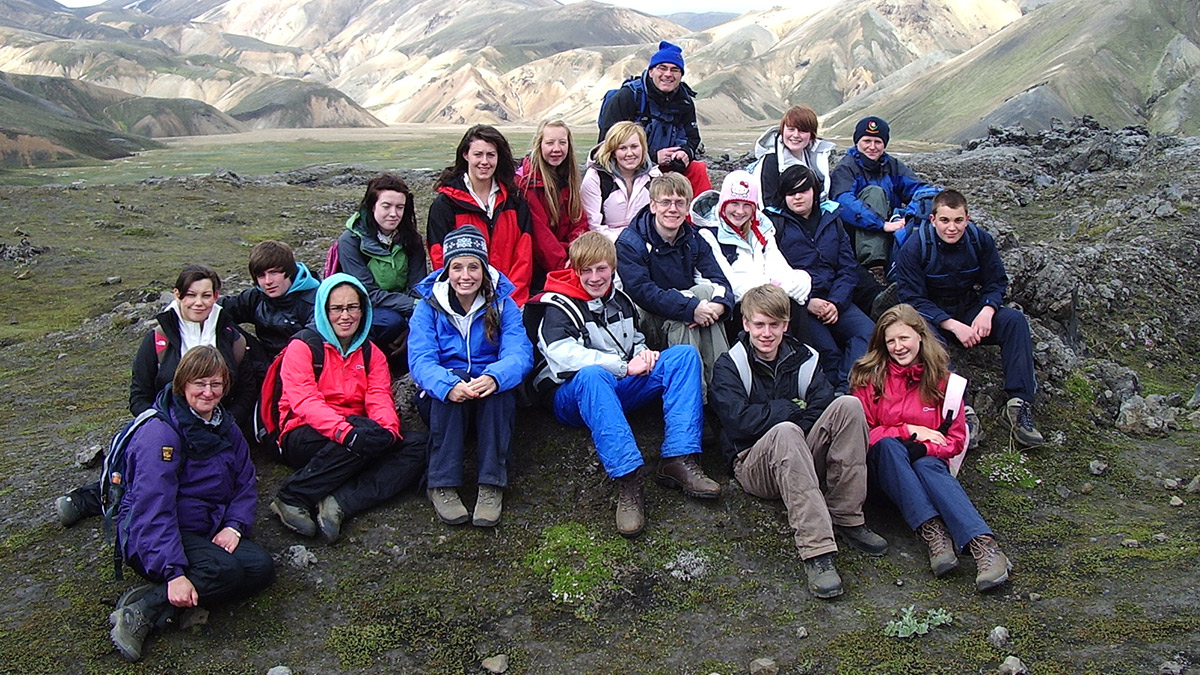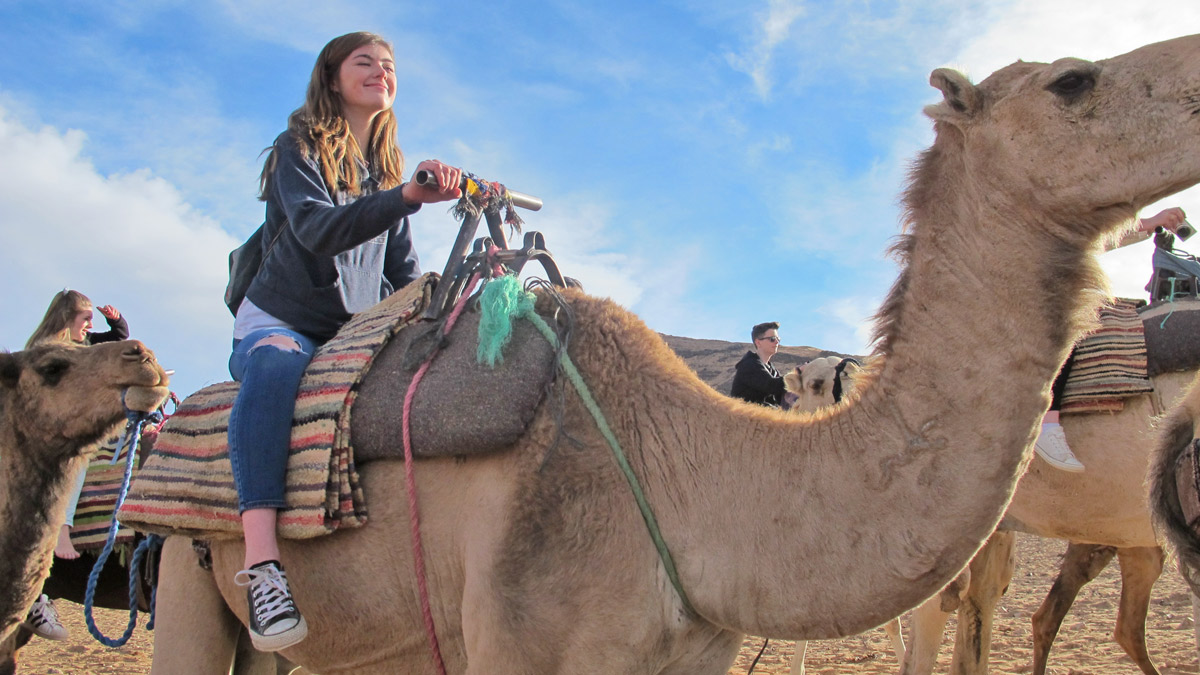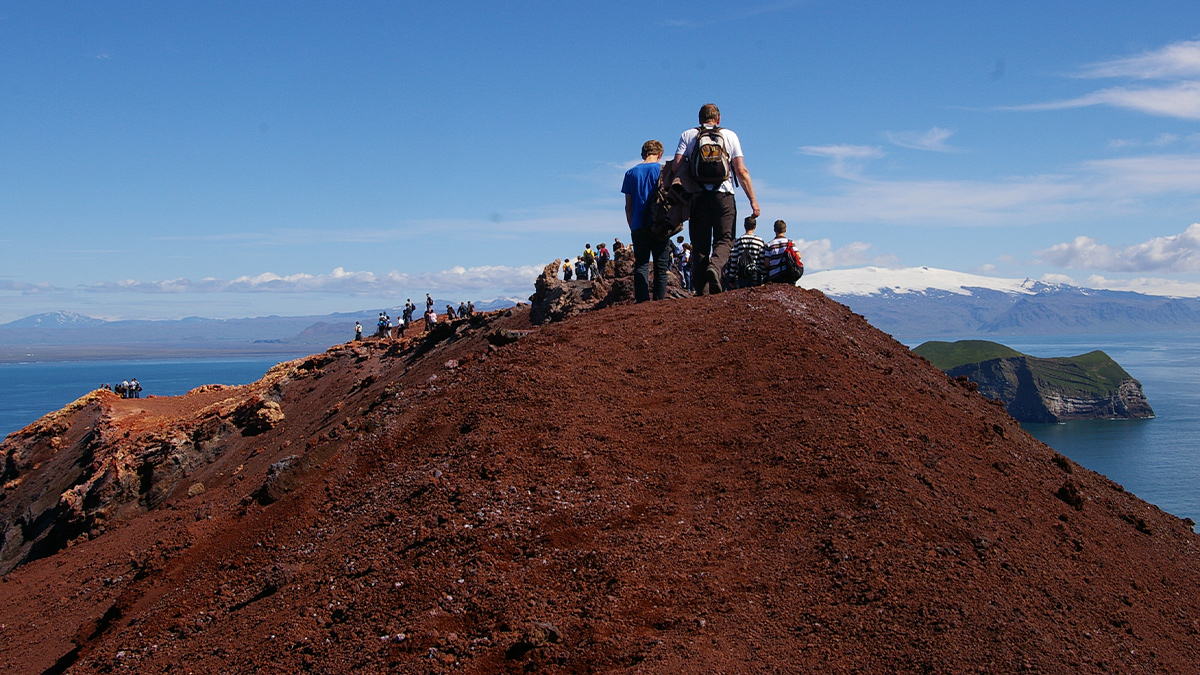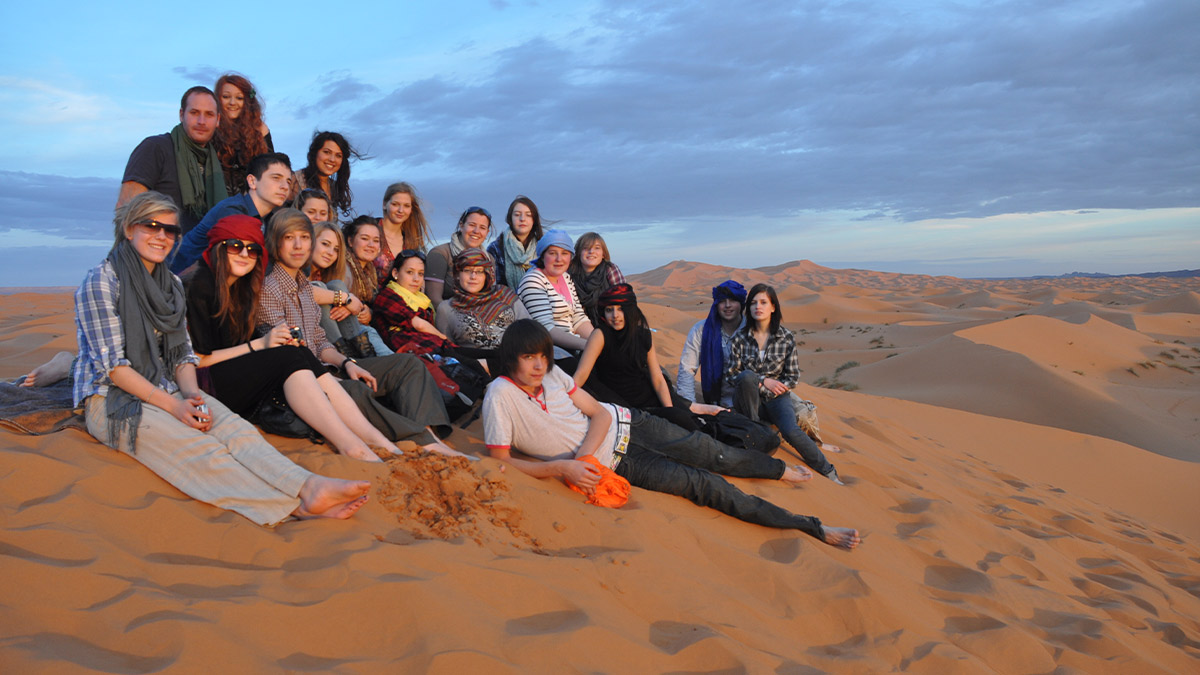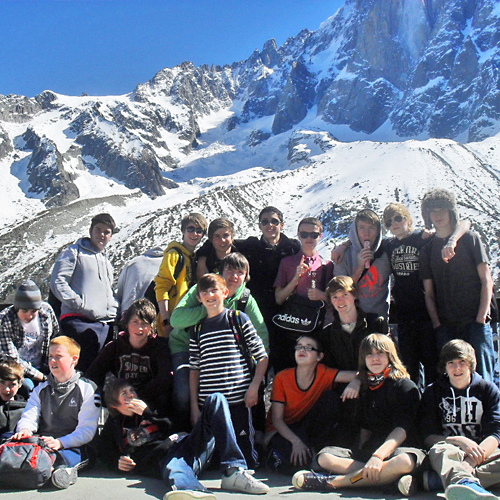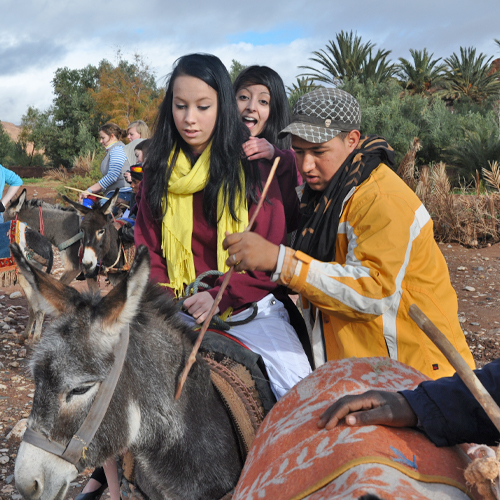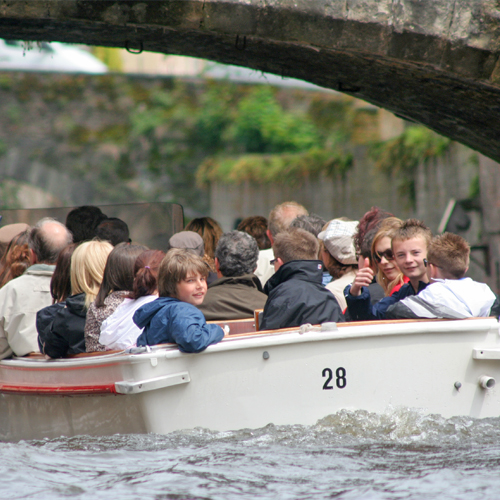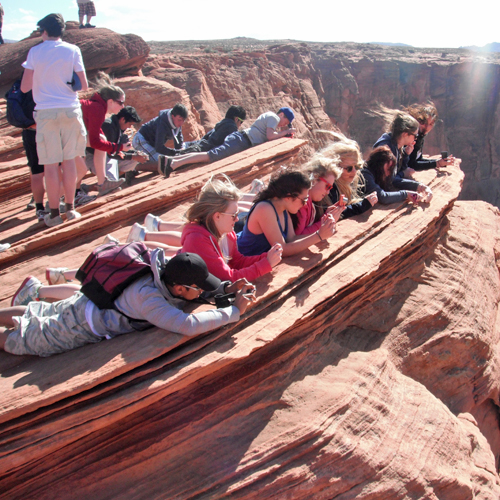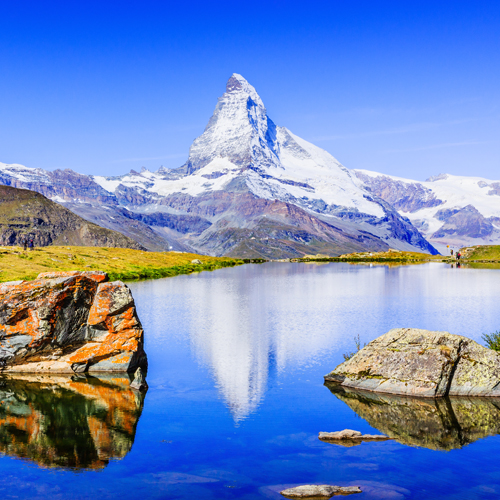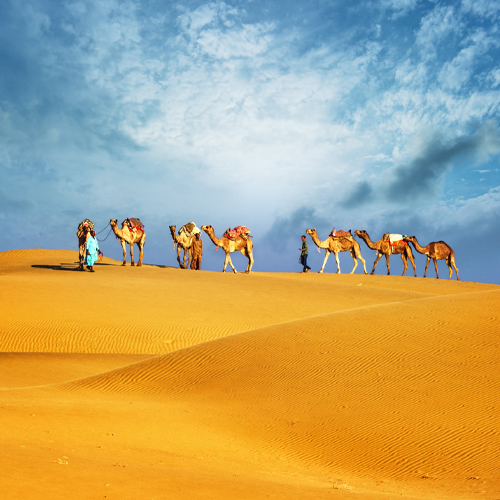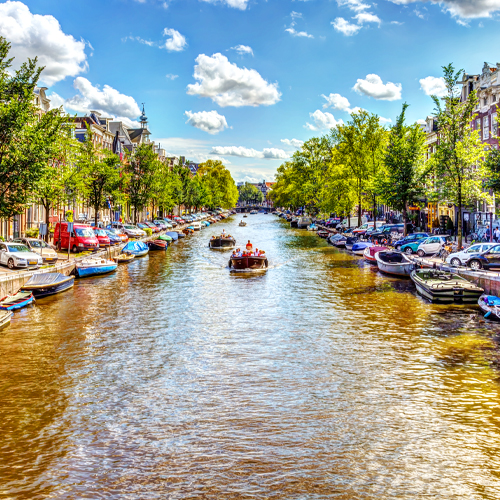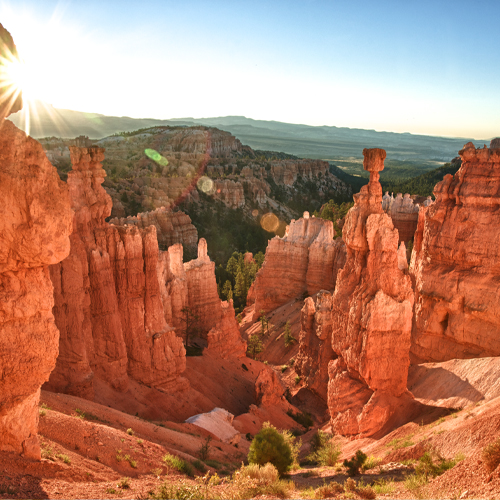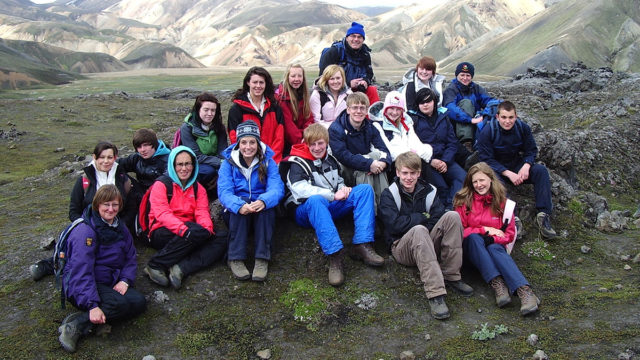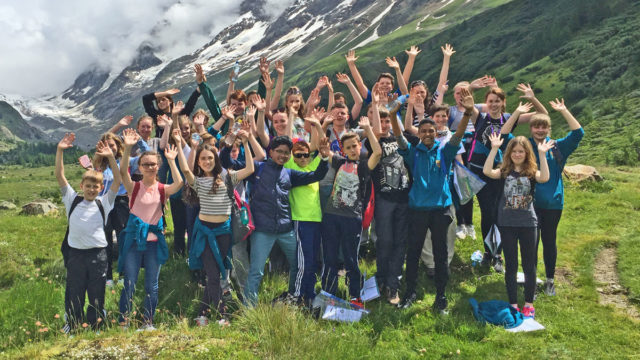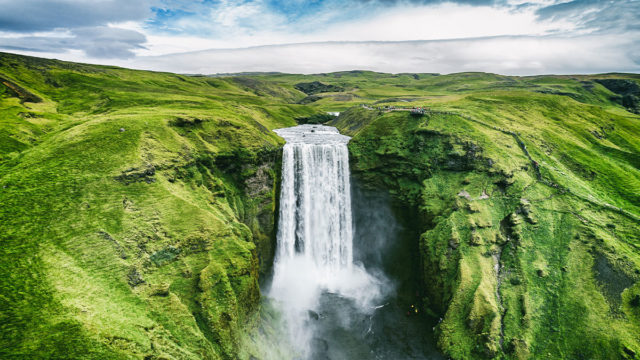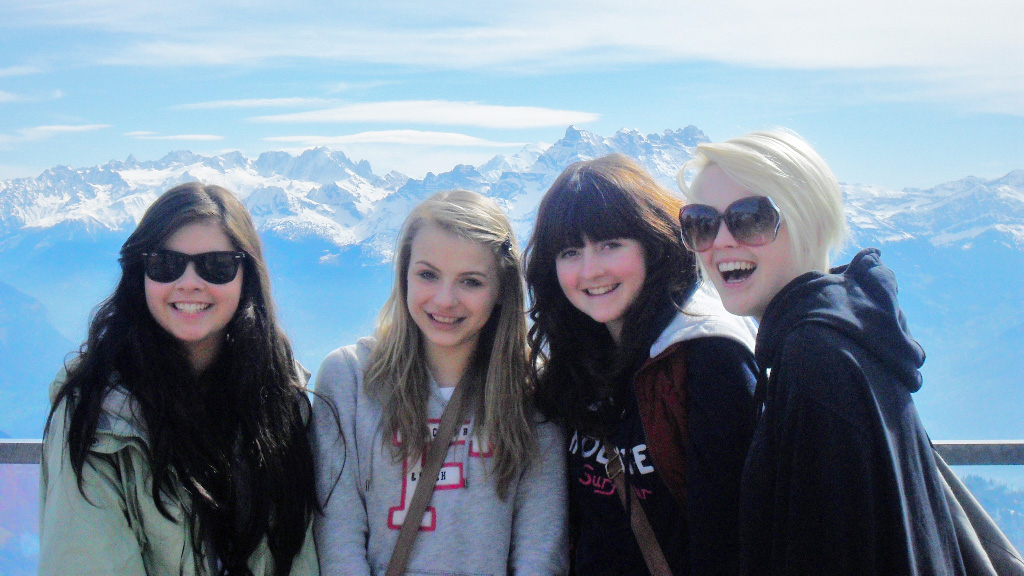
Geographical issues are wide ranging, important and complex. Geography should promote an awareness, interest and understanding of the world’s people and places, helping students understand the world more fully. Whilst what you do in the context of a classroom is extremely valuable, taking your students to new and exciting destinations can ignite a geographical passion which is hard to replicate in a classroom setting.
Visiting any of our destinations will cultivate curiosity in your students with the desire to learn more, seek out evidence and be open to new ideas. Here’s just a taste of how some of our trips can challenge students to address the big issues and promote geographical thinking as they start to see the world through the eyes of a geographer.

